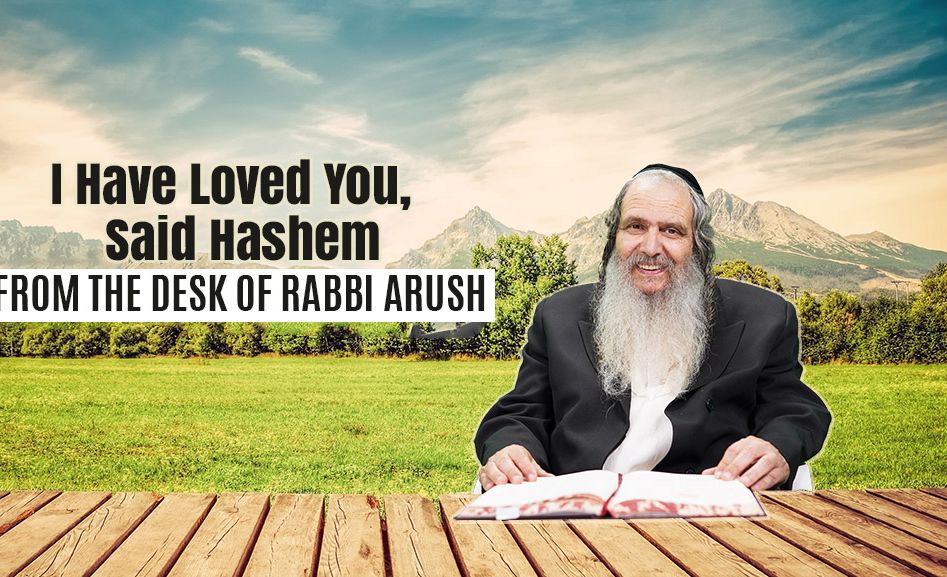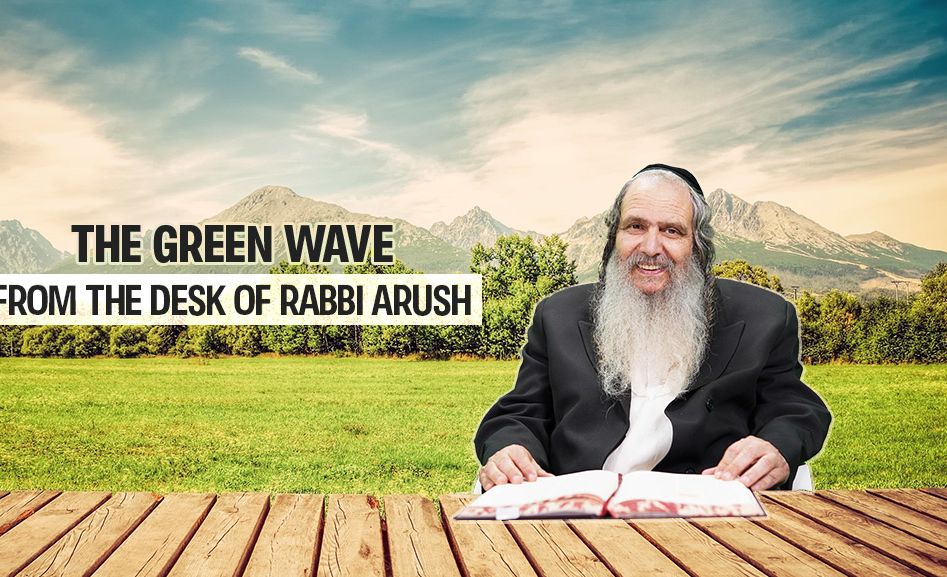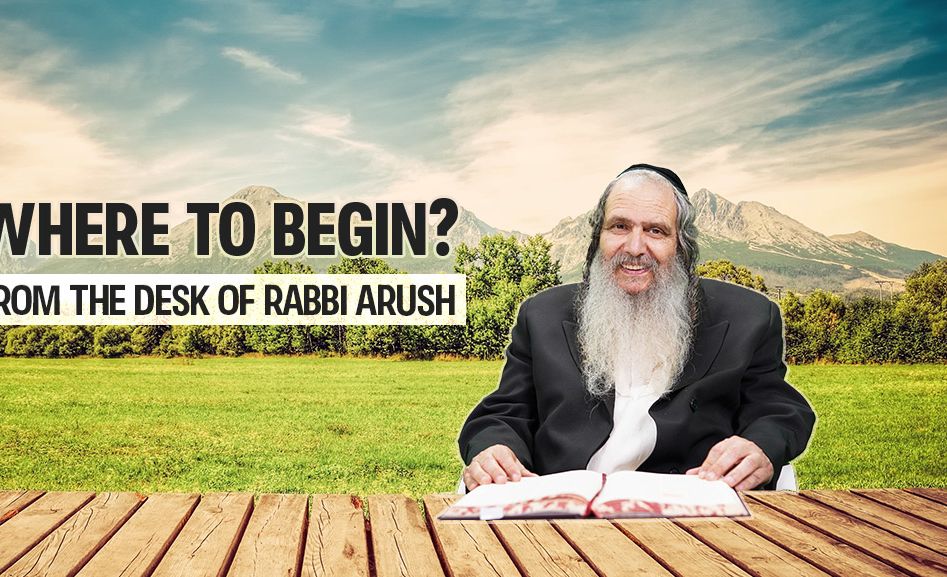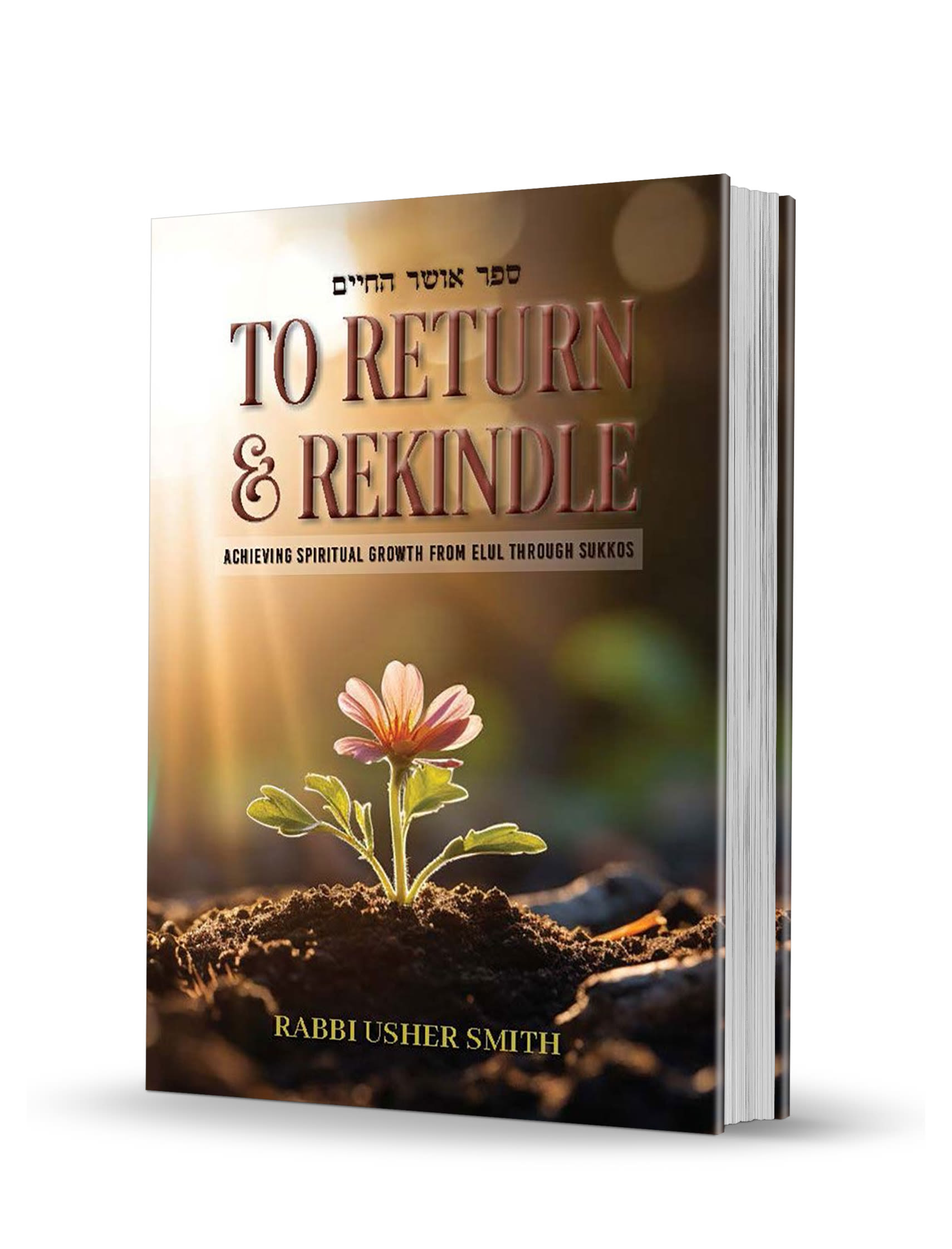
Daily Payments
We certainly don't want to go into Rosh Hashana with an entire ledger of "unpaid spiritual bills". Now is the time to clear ourselves of debt...

Now that it’s Elul, we all realize the importance of daily teshuva – self-assessment and confession – because we certainly don’t want to go into Rosh Hashanah with an entire ledger of “unpaid spiritual bills”. Now is the time to clear ourselves of debt.
Yet, many people still ask me, “Why should I confess every day? Why should I tell Hashem all my sins? I’m probably going to sin again anyway.” These are thoughts that the evil inclination implanted. Nonetheless, the questions look legitimate. Why should I say the same thing every day? Can I promise Hashem that I won’t sin anymore, when I know that it’s not true?
The Gemara answers the above question (see tractate Kiddushin, 40a): “Rav Huna says, when a person repeats a sin, it becomes like a permissible act in his mind.”
 The Gemara is hereby teaching us a principle in the inner workings of the human psyche, namely, that when a person commits the same transgression repeatedly without having done teshuva in the interim, his sensitivity to wrongdoing is blunted and the transgression becomes like a permissible act in his mind. The more a person transgresses, the more blunted his sensitivity, and the more routine the transgression becomes.
The Gemara is hereby teaching us a principle in the inner workings of the human psyche, namely, that when a person commits the same transgression repeatedly without having done teshuva in the interim, his sensitivity to wrongdoing is blunted and the transgression becomes like a permissible act in his mind. The more a person transgresses, the more blunted his sensitivity, and the more routine the transgression becomes.
For example, if a person eats an unkosher hotdog for one hundred days consecutively, the evil inclination will have completely convinced him that nothing is wrong with such an act. The wrongdoing will distort his spiritual awareness and ultimately destroy it completely with total heresy. That’s why it’s so important to confess and do teshuva immediately after a wrongdoing – at least within 24 hours – so that the act doesn’t become routine. Even if a person knows that he might again succumb to temptation, he should nonetheless beg Hashem to forgive him now and to help him against the evil inclination in the future.
How does a person descend to the level of what the prophet bemoans, “Woe to those who call the good bad and the bad good, who place dark as light and light as dark, who place sour as sweet and sweet as sour” (Isaiah 5:20). How can someone call something bad, good? How twisted must his thinking be to call darkness, light? Our answer is in Rav Huna’s saying, above: for a person who accustoms himself to doing sour acts of darkness, the darkness becomes light and the sour becomes sweet.
Let’s take another example: a person knows that cigarettes are not healthy. Even more, cigarette smoke disgusts him. But, all his peers are smoking and he doesn’t want to be an outcast. So the first cigarette makes him nauseous. Having broken down all the barriers of right and wrong, healthy and unhealthy, beneficial and detrimental, he takes the second cigarette with much more ease. By the fifth cigarette, he’s having a great time. Ultimately, he looks at smoking like a mitzvah, and says that it relaxes him and even helps him learn Gemara better. Meanwhile, with every puff, he violates the Torah’s commandment of “And you shall protect yourself in the extreme” (Deuteronomy 2:4), the commandment that requires us to do everything in our power to guard our health. Having repeatedly violated this commandment, he no longer sees smoking as a violation at all. Even worse, he rationalizes that the smoking helps his learning, and by keeping him calm, it even helps his marriage. There is no limit to the fantasies that a person invents in his mind to justify repeated wrongdoing.
A non-drinker will be disgusted by the taste of whiskey or cognac. Yet, with repeated indulgence, the same thing will happen to him that happened to the new smoker. The sour becomes sweet and the sweet becomes sour. The only true sweetness is the Torah, but for a person who becomes hooked on forbidden movies and websites, the Torah becomes sour and the soul-devastating debauchery becomes sweet.
One’s senses become deadened when he repeats a forbidden act without having done teshuvah in the meanwhile. Even if he knows he won’t resist temptation again, but he admits to his wrongdoing and begs Hashem to come to his aid, Hashem will forgive him and his senses won’t be deadened. Hashem knows that we don’t rid ourselves of habits or become righteous overnight. The important thing is we don’t begin perceiving a wrongful act as permissible in our minds. Daily confession and teshuvah accumulates; Hashem eventually gives us the power to correct ourselves altogether by virtue of our repeated prayer. Daily personal prayer gives us the strength and desire to improve.
In one of his personal prayer sessions with Hashem, King David says, “I make my sin known to You; I do not hide my iniquity. I said, ‘I will confess my transgressions to Hashem’, and You have forgiven my sin, always” (Psalm 32:5). Only when a person confesses and admits his wrongdoing – rather than trying to hide, rationalize, or justify himself – does Hashem forgive. And, if a person confesses every day, his words will make an impression like repeated drops of water on a rock, and Hashem will separate him from sin altogether. Repeated daily teshuva cuts the cables of evil that tie a person to a transgression. Daily personal prayers accumulate into a power weapon that can subdue the forces of evil. These are the “daily payments” that prevent us from accumulating spiritual debts.
Rebbe Nachman says that a person’s transgressions are engraved on his bones; the more one transgresses, the deeper the engraving. Yet, confession and teshuva clear the bones and renew them. One’s confession becomes a scapegoat that Hashem sends into the spiritual wilderness, away from the person.
In order to confess like the Torah commands us, we must stop trying to hide from Hashem. We must stop lying to ourselves and to share with Hashem everything that truly happens in our lives, leaving no stone unturned. We share our faults, our bad habits, our setbacks, and our most embarrassing negative thoughts with Hashem. Once we do, all the negativity no longer torments us from within. We feel wonderful! That’s why our daily personal prayer is just as important as the daily ritual sacrifices in the Holy Temple. Let’s never forget that!











